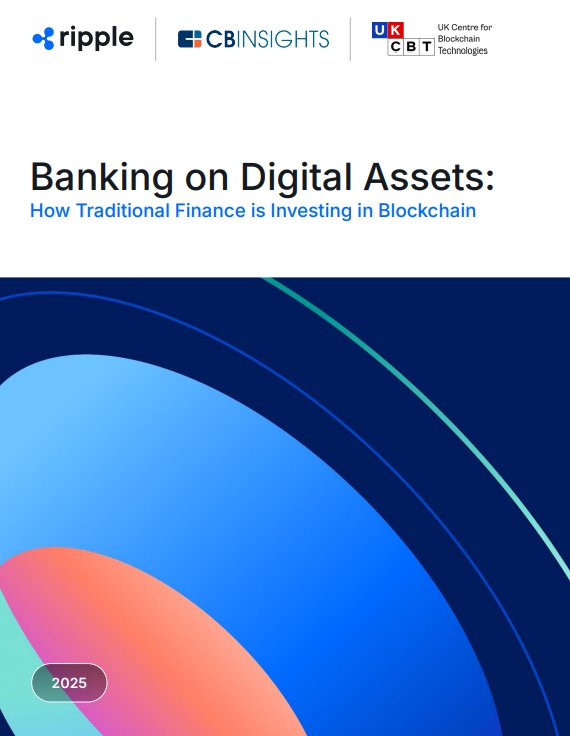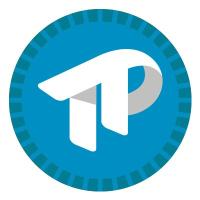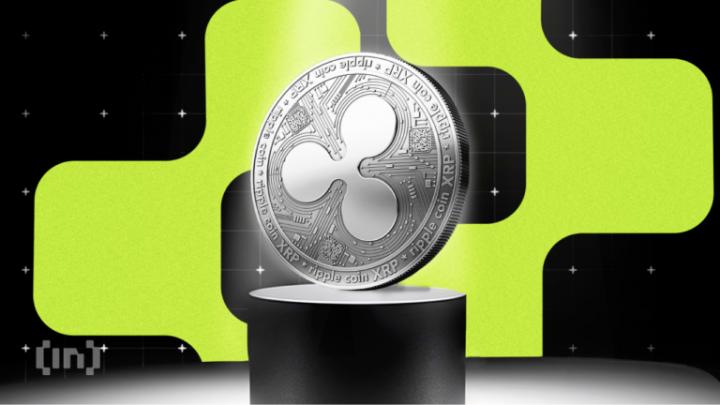This article is based on the data from the report "Banking on Digital Assets: How Traditional Finance is Investing in Blockchain" jointly published by Ripple, CB Insights, and UK Centre for Blockchain Technologies in July 2025. The content focuses on the investment and use cases of traditional financial institutions in the blockchain and digital assets sector, regulatory changes, and technological infrastructure from 2020 to 2024. [Editor's Note]
Traditional financial institutions are seriously betting on digital assets. From 2020 to 2024, banks worldwide invested over $100 billion in blockchain-based startups and technology companies, participating in more than 10,000 transactions. With regulatory clarity and technological maturity converging, blockchain is emerging not as a peripheral technology, but as the center of financial strategy.
Regulatory Clarification Promotes Investment... US, EU, Dubai Simultaneously Institutionalize
Financial authorities are rapidly refining regulations surrounding blockchain and digital assets. The European Union adopted MiCA (Markets in Crypto-Assets) in 2023 and implemented it in 2024. The United States established a basis for institutional incorporation through SEC accounting guidelines, FDIC crypto-asset guidelines, and Bitcoin ETF approvals. Financial hubs like Dubai and Singapore are also attracting blockchain companies through their independent regulatory agencies.
Banks are introducing blockchain technology in various areas such as tokenization, real-time global payments, and smart contracts. Particularly, payments using stablecoins are attracting attention for their settlement efficiency and cost reduction effects. Additionally, practical financial innovations like digital asset custody and blockchain-based post-transaction infrastructure are becoming visible.
10,000 Investment Cases, 33 Mega Rounds... Focusing on Institutional Infrastructure
From 2020-2024, a significant portion of banking sector blockchain investments targeted seed and Series A stage early companies. According to CB Insights, mega round investments exceeding $100 million totaled 33 cases. Investment areas were institutional tokenization and trading infrastructure (27%), payments (24%), and custody (21%).
After the FTX collapse in the second half of 2022, banking sector investment enthusiasm cooled for a while. In 2023, annual investment decreased to $560 million, but in 2024, investment amounts returned to an increasing trend. The assessment is that regulatory clarity and institutional trust recovery revived investment momentum.

G-SIB Banks Prefer Joint Investment and Partnership Strategies
G-SIB (Global Systemically Important Banks) like Citigroup, Goldman Sachs, JP Morgan, and Mitsubishi UFJ are actively participating in the market while taking a cautious approach to blockchain entry. Between 2020-2024, they made 106 blockchain investments, with 14 being mega rounds. Consortium-style joint investments and technology partnerships are more common than independent ventures.
-
SBI Group: Accelerating European market entry through German Solaris acquisition. Strategic investments in major blockchain companies like Ripple.
-
Goldman Sachs: Issuing digital bonds through GS DAP platform. Providing ETP products, investing heavily in crypto infrastructure companies.
-
JP Morgan: Leading tokenized payments through own blockchain Onyx and Kinexys. Successfully settled US Treasury bonds on public blockchain.
-
HSBC: World's first gold tokenization commercialization, conducting quantum security blockchain experiments.
SBI Group is building a digital asset ecosystem by boldly investing in European fintech like German Solaris. Goldman Sachs is strengthening its capabilities by issuing EIB digital bonds through GS DAP (Digital Asset Platform) while simultaneously investing in various startups. JP Morgan operates its own blockchain networks like Onyx and Kinexys and has successfully experimented with Treasury bond settlement on public blockchain.
Boston Consulting Group (BCG) forecasts that the real asset tokenization market will reach $18 trillion by 2033. Currently, HSBC has commercialized a 'Gold Token' service issuing gold as a digital token and has completed the world's first tokenized transaction using quantum-resistant security technology.
ISO 24165, Ensuring Trust through International Identifier Standardization
International standards for digital assets are also being organized. ISO 24165 provides unique identifiers (DTI) for digital tokens, supporting monitoring and risk management for regulatory and financial institutions. Currently applied to over 2,000 tokens, it contributes to market transparency and institutional trust.
Blockchain is emerging as a core financial technology. With technological development, regulatory clarity, and market maturity converging, the key challenges now are 'scale expansion' and 'trust building'. This is the background for traditional financial sectors proactively investing and collaborating. In the next decade, blockchain is expected to become the new normal in finance.
For real-time news...Go to TokenPost Telegram
<Copyright ⓒ TokenPost, Unauthorized Reproduction and Redistribution Prohibited>






